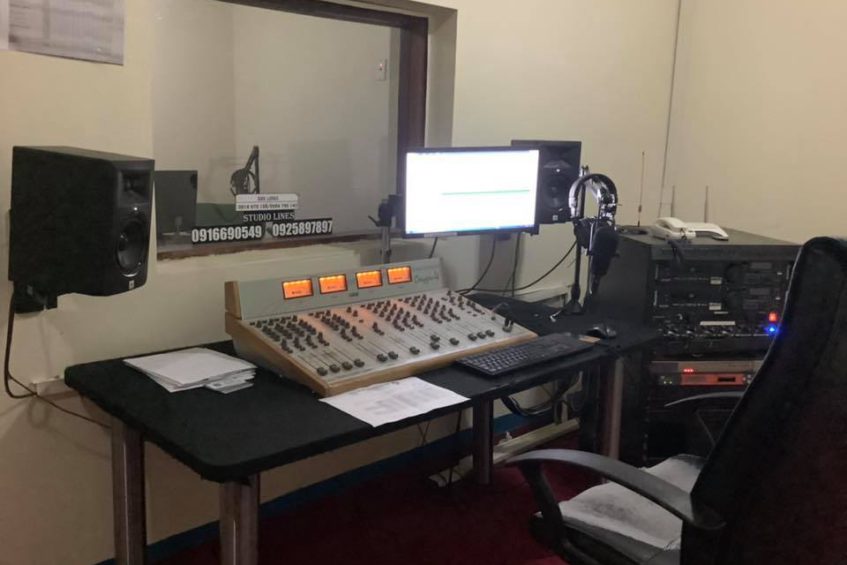South Sudan’s National Security Service has shut down Radio Jonglei 95.9 FM, a community radio station in Bor Town, the capital of Jonglei State. The station was shut down on Friday, August 27, with three of its journalists briefly detained.
The action by the National Security Service (NSS) came ahead of a planned nationwide antigovernment demonstration scheduled for today, Monday, August 30.
Tensions had mounted in the country ahead of the planned demonstration. A group under the banner of the People’s Coalition for Civil Action (PCCA) revealed it was organizing the protests after launching a public campaign for change in July. PCCA says the Revitalized Transitional Government of National Unity led by President Salva Kiir is doing very little to address the many challenges faced by the people of South Sudan.
Abraham Awolic, a member of the group, said it notified the police by letter of the planned protests even though such notification is not required.
“The people of South Sudan are coming out on the 30th to protest, it is their constitutional right,” he told VOA’s South Sudan in Focus. “You don’t need approval from anyone to exercise that power. … You cannot ask the same state which has aggrieved you to give you permission to protest against it.”
On Friday, Radio Jonglei’s station manager, Matuor Mabior explained to local radio, Radio Tamazuj the closure of the station and his detention, and that of the station’s program director and editor-in-chief, Ayuen Gurang and Deng Gai.
“Around 1 o’clock this afternoon, I was called by an NSS officer to see him at the Park Palace hotel. I heeded the call, and as I arrived there, they told me, ‘Now get to the vehicle and we are going to close the radio station.’ From there, they (NSS) came to the radio station in a big number. They asked us to close down the system. They closed all the studios and offices and took the keys,” Mabior said.
“My two colleagues and I were taken in by the NSS and there they told us the shutdown is because they suspect we will broadcast the protest scheduled for August 30. We were not allowed to talk, they just said the orders came from the state security committee,”
Matuor added, “My message to the government is that press freedom should be granted. This radio station serves the community. So there is no reason for the closure.”
While they were later released, he said the station remains closed. He called on the government to grant press freedom.
The Union of Journalists of South Sudan (UJOSS) issued a statement demanding the return of equipment, including a cellphone belonging to the Radio Jonglei’s journalists. UJOSS also condemned the arbitrary closure of the station and denial of the journalists’ right to access their workstation.
“These actions undermine the work of journalists, threaten and intimidate them and as well infringe on their right to freedom of expression and access to information found in South Sudan’s Transitional Constitution 2011 as amended articles 24 and 32 respectively,” UJOSS said in the statement.
“As a body that fights for the rights and protection of journalists and media workers in the country, we condemn this unlawful attack on journalists and call on the media authority to pressure authorities in Jonglei State to release equipment of the journalists and allow the radio station to resume operations with immediate effect.”
Meanwhile, some community members in Jonglei, including church leaders in Bor town have also called for the immediate reopening of the radio station.
Speaking at a press conference in Bor Town on Sunday, the community members said the station has been their main source of news and information including the messages of peace, Covid-19, education, and dyke repair mobilization. They urge the state government to respond to their call or they might take to the street to demand the reopening of the Radio.
According to Radio Tamazuj, efforts to reach out to the deputy governor and the state security committee head Anyipas Nyok were unsuccessful.
Journalists in South Sudan have often complained of harassment and intimidation by the authorities. Government institutions frequently interfered in editorial matters and called journalists in for questioning.
In April, Reporters without Borders released the 2021 World Press Freedom Index, with South Sudan ranked number 139 out of 180 countries, dropping one spot from last year’s ranking of 138.

